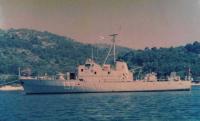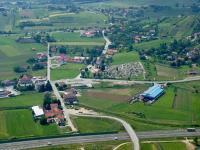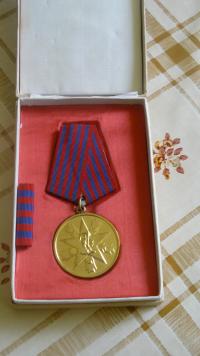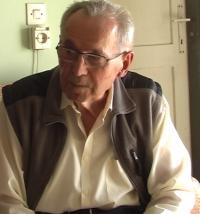..I was a gunner...
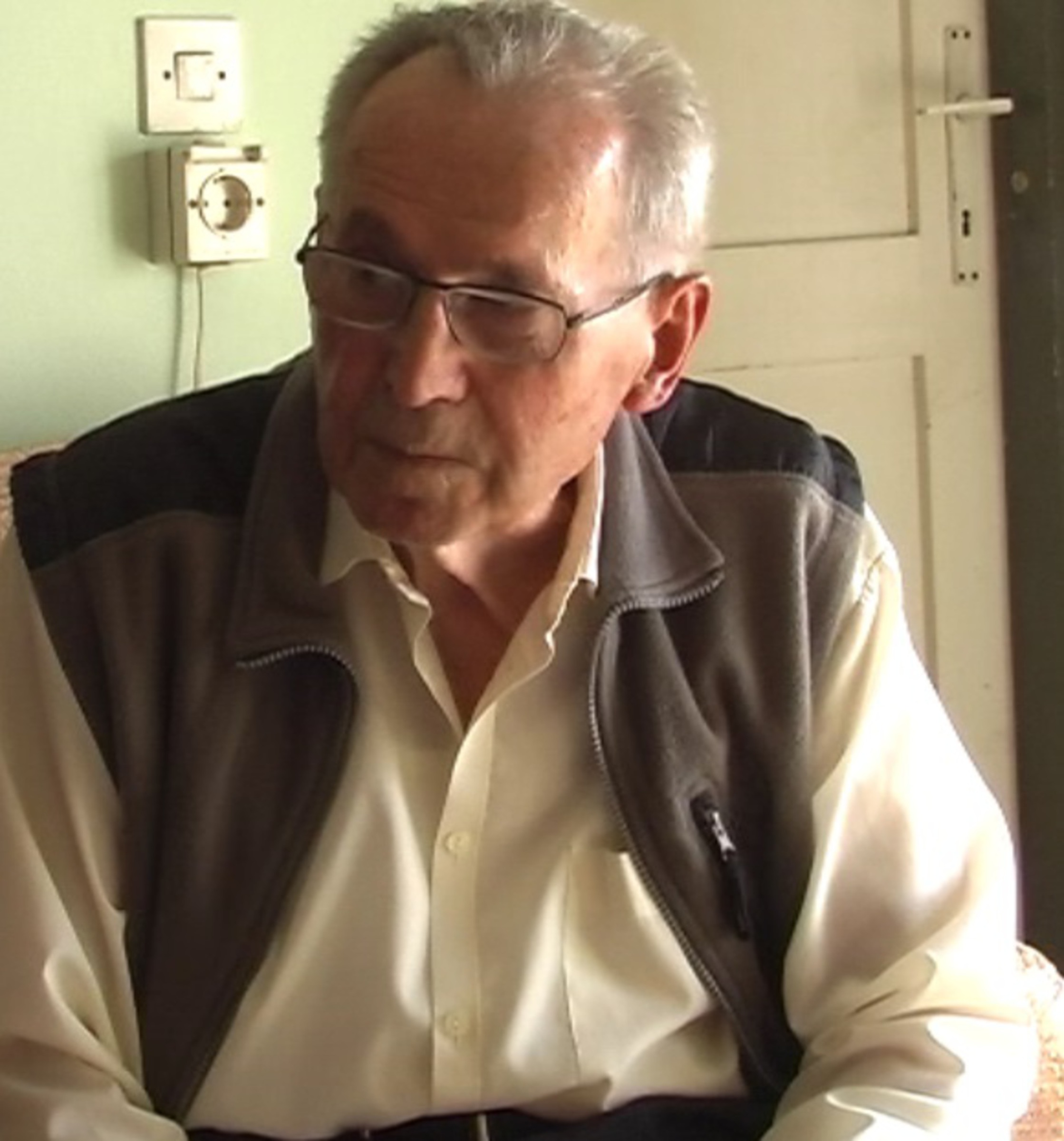
Download image
Vladimir Balaić was born in 1928 in Breznički Hum, by father Mijo a mechanical engineer and mother Anka, a teacher in elementary school. During his childhood he rarely saw his father who was often absent because of his work, so he mostly spent his time with his mom. Mitigating circumstance was that apartment where they lived in, was located in school where his mother worked. During childhood Vladimir often moved, first in Ogulin then in Slatina and finally in Virovitica where the next chapter of his life began on May 22nd 1943 when he joined partisan 16th brigade at the age of 16. He had heard about the partisans from stories that were told to him by his neighbours and random passengers but what attracted him to partisans was interpersonal relationship that existed in their units. He never received military training and built his experience through fighting. He started as assistant gunner and after three months he got his own machine gun. He quickly rose through the ranks and at the age of 17 was promoted to political comissar of a troop. During his war time he was involved in fighting against the Germans and Croatian ustasha soldiers and for the latter he said that they were always in fighting mood. He was severely wounded at Pitomača in 1945 when his unit met with German forces in retreat. A bomb, which fell several meters next to him, inflicted him heavy injuries on ribs and left arm and the war was over for him. After the war he continued his education in partisan high school and joined Yugoslav navy. During his service he encountered with smugglers, Italian invasion of Yugoslav territorial waters and civilians trying to pass the border illegally. He worked on island of Brijuni as a commander of communication at Brijuni where he met president of Yugoslavia, Josip Broz Tito.
